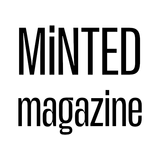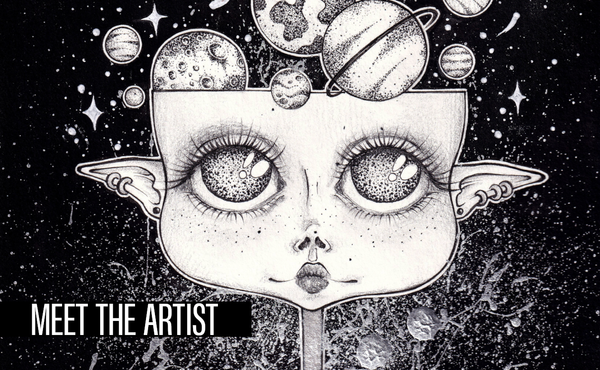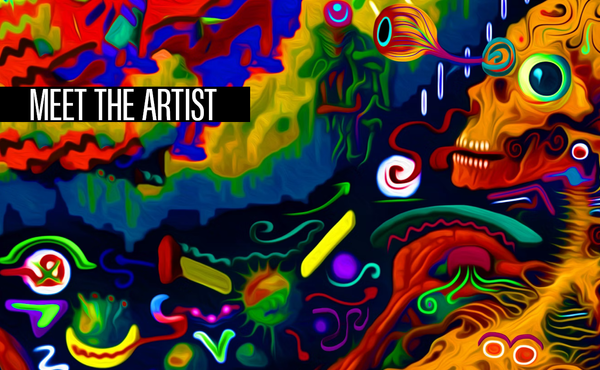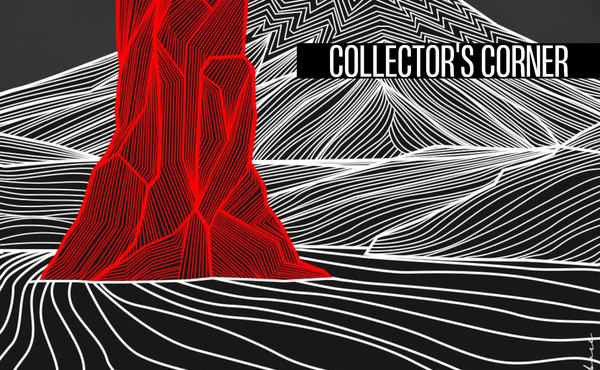The future of Healthcare: How NFTs are changing the game
As the use of blockchain technology continues to grow in healthcare, we can expect to see more innovative use cases of NFTs in the future. In the healthcare industry, NFTs are emerging as a new way to store and share medical data securely.
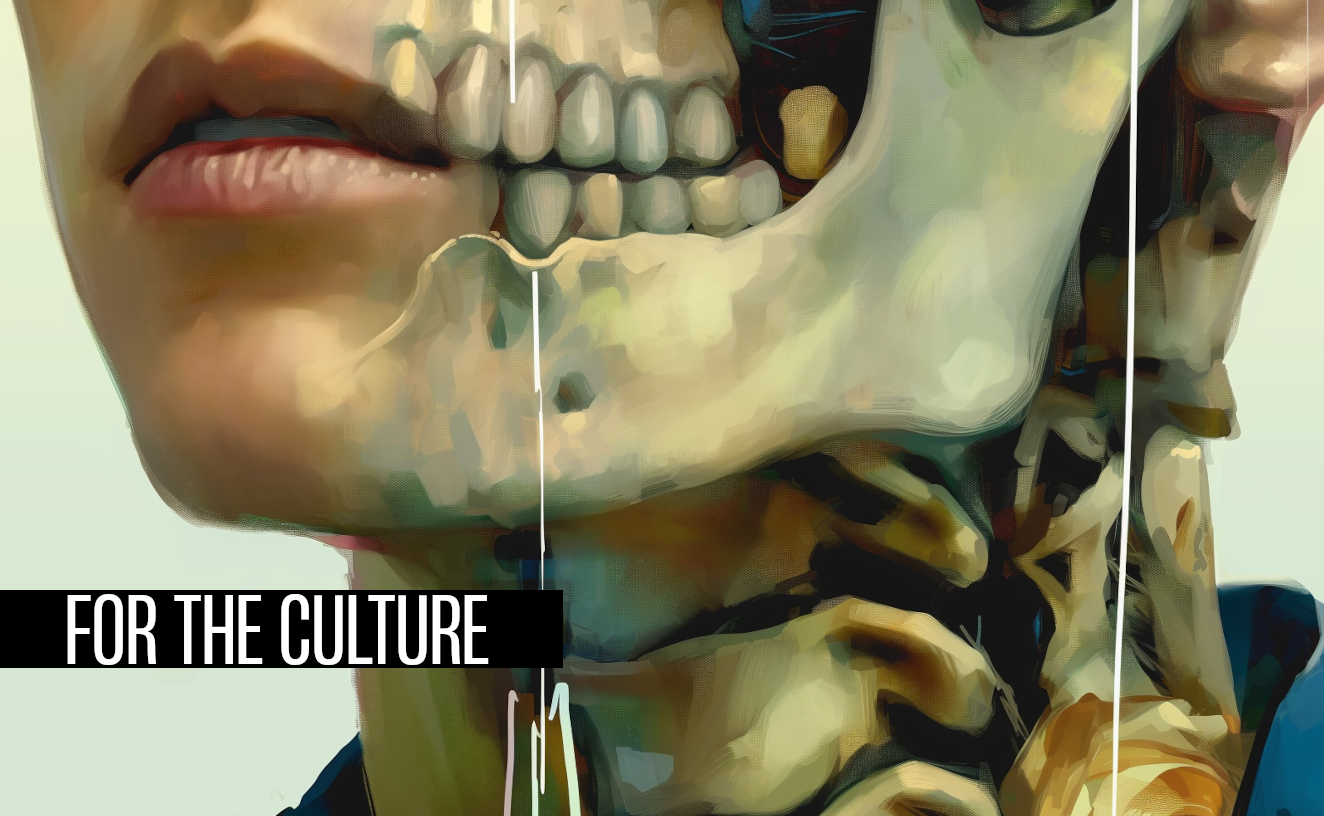
In recent years, the use of blockchain technology has been gaining traction in various industries, including healthcare. One of the latest trends in the healthcare sector is the use of Non-Fungible Tokens (NFTs) to store and share medical data securely. NFTs offer a decentralized and tamper-proof system for managing medical records, providing patients with greater control over their data.
The use of NFTs in healthcare has numerous benefits. Firstly, NFTs provide a secure and immutable way of managing medical records. Medical records contain sensitive information, including personal and health-related data, which needs to be protected from unauthorized access. NFTs use blockchain technology to ensure that medical records are tamper-proof and secure.
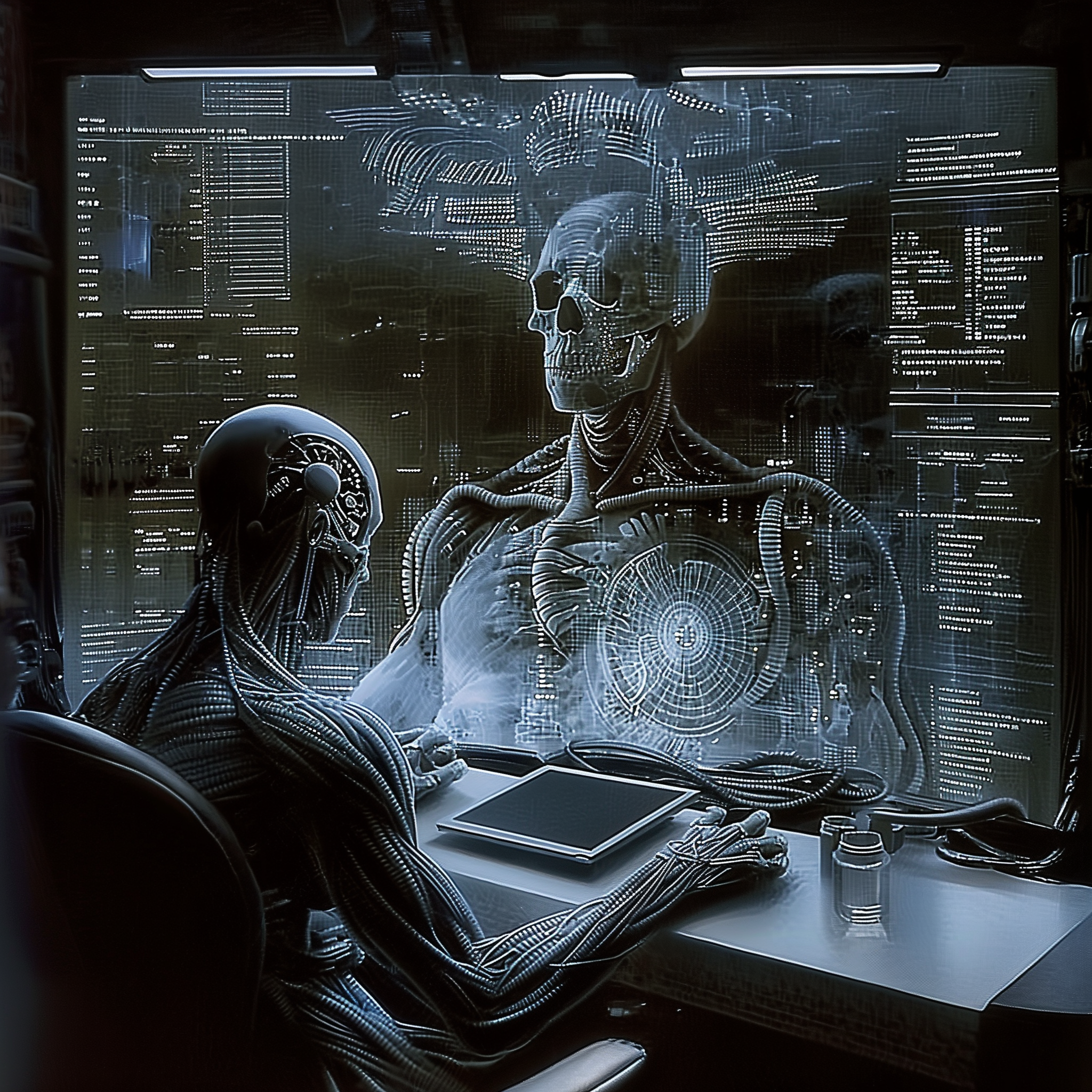
Secondly, NFTs can incentivize patients to participate in medical research. Researchers can create NFTs that represent their research studies and offer them as rewards to patients who participate in the studies. Patients can trade these NFTs for other valuable tokens or services, which can encourage more patients to participate in research studies and contribute to the advancement of medical knowledge.
Thirdly, NFTs can be used to track the authenticity of medical products. Pharmaceutical companies can create NFTs that represent their products and use them to track the supply chain. This can help in preventing counterfeit products from entering the market and ensure that patients receive genuine products.
Lastly, NFTs have the potential to transform the way medical education is delivered. Medical schools can create NFTs that represent different medical procedures and use them to train medical students more interactively and engagingly. Students can use the NFTs to practice procedures in a virtual environment, improving their skills and knowledge.
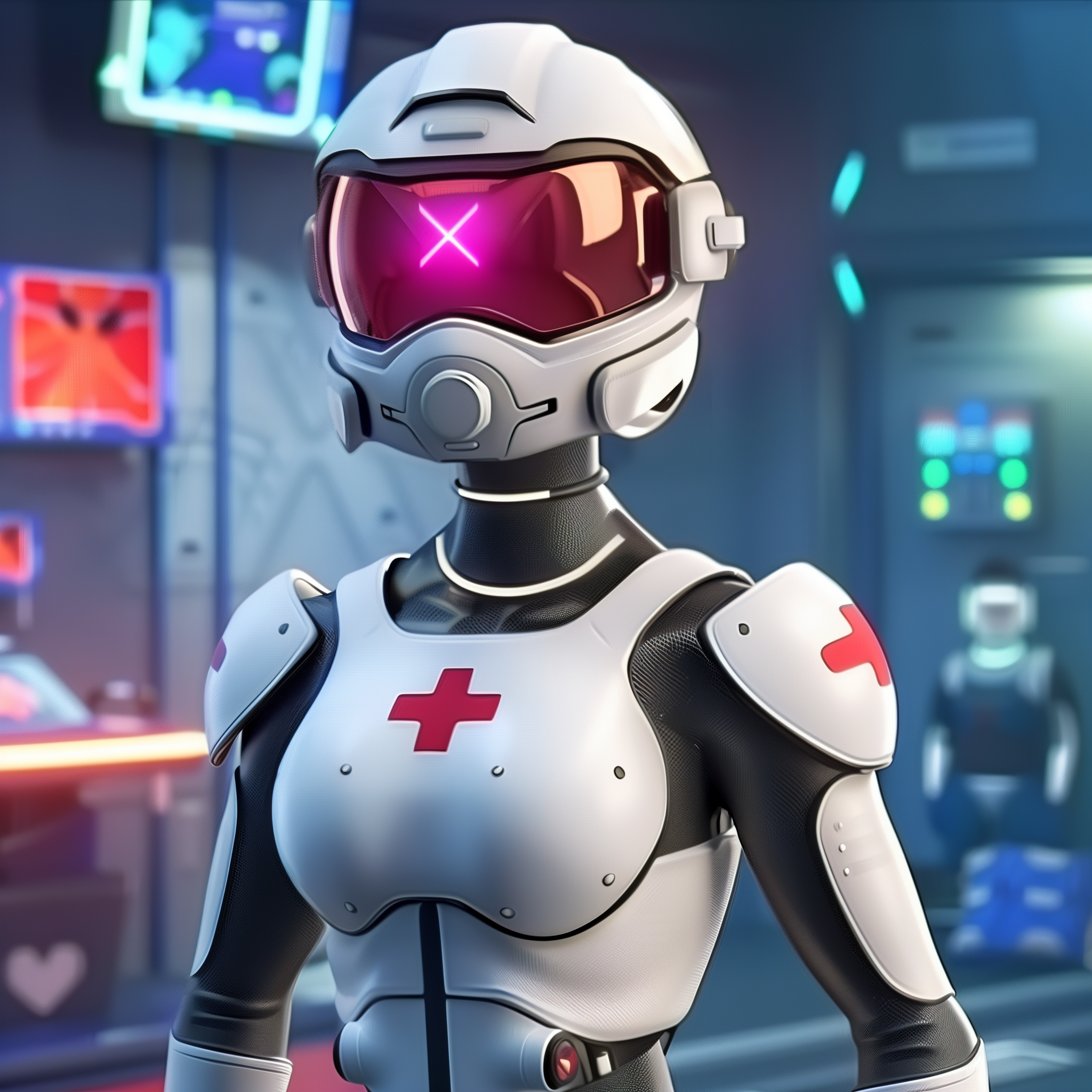
The use of NFTs in healthcare is still in its early stages, but it has enormous potential to transform the industry. However, some challenges need to be addressed. One of the significant challenges is the issue of interoperability. Healthcare providers use different systems to manage medical records, which can make it difficult to transfer data between systems.
Another challenge is the issue of standardization. There is currently no standard for the use of NFTs in healthcare, which can lead to confusion and lack of compatibility between different systems.
Despite these challenges, the use of NFTs in healthcare is a promising development. With their secure and decentralized nature, NFTs can bring significant benefits to patients, researchers, and medical professionals. The use of NFTs in healthcare has the potential to transform the industry and improve patient outcomes.

In conclusion, the use of NFTs in healthcare is a new and exciting development. NFTs offer a secure and tamper-proof way of managing medical records, incentivizing patients to participate in research studies, tracking the authenticity of medical products, and transforming medical education. While some challenges need to be addressed, the use of NFTs in healthcare is a promising development that can bring significant benefits to the industry.
As the use of blockchain technology continues to grow in healthcare, we can expect to see more innovative use cases of NFTs in the future. In the healthcare industry, NFTs are emerging as a new way to store and share medical data securely. With the help of blockchain technology, NFTs offer a decentralized and tamper-proof system for managing medical records, providing patients with greater control over their data.

